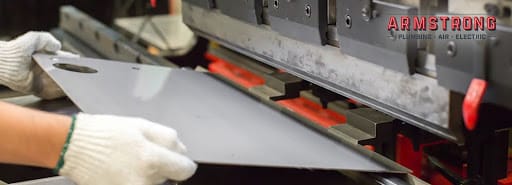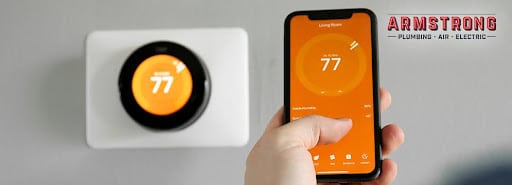A Breaker Panel vs. a Fuse Panel: What You Need to Know
A fuse panel and a breaker panel are two types of electrical panels used to control and distribute power throughout a building. Both types of panels serve as the main distribution point for electrical circuits, but they operate differently and have different features. So, let’s dive deeper and distinguish the differences between a breaker panel vs. a fuse panel.
A fuse panel, also known as a fuse box, is an older type of electrical panel that uses fuses to protect electrical circuits from overloading. When an electrical circuit becomes overloaded, the fuse blows, cutting off power to the circuit and preventing any further damage. To restore power, the blown fuse must be replaced with a new one. The fuses in a fuse panel are usually located in metal sleeves that can be easily replaced by flipping open the cover of the panel.
A breaker panel, also known as a circuit breaker panel, is a type of electrical panel that uses circuit breakers to protect electrical circuits from overloading. When an electrical circuit becomes overloaded, the circuit breaker trips, cutting off power to the circuit. To restore power, the circuit breaker must be reset. This can be done by simply flipping a switch on the panel. Unlike fuses, circuit breakers can be reset and used multiple times. This makes breaker panels a more convenient and efficient solution for controlling electrical power.
Another key difference between the two types of panels is the way they are wired. A fuse panel is wired in a series configuration, which means that if one fuse blows, it affects all the other circuits connected to that fuse. A breaker panel, on the other hand, is wired in a parallel configuration, which means that each circuit has its own breaker and is not affected by other circuits. This allows for greater flexibility and more precise control over electrical power.
In terms of safety, breaker panels are generally considered safer than fuse panels. This is because fuses can pose a fire risk if they are not replaced quickly, while circuit breakers are less likely to cause a fire because they can be reset easily. Breaker panels also have more advanced safety features, such as ground fault circuit interrupters (GFCIs), which can detect and prevent electrical shock hazards.
If you have an older home with a fuse panel, it may be worth considering upgrading to a breaker panel to improve safety and efficiency. For a professionally trained and licensed electrician in Lubbock, call Armstrong Plumbing, Air & Electric.








